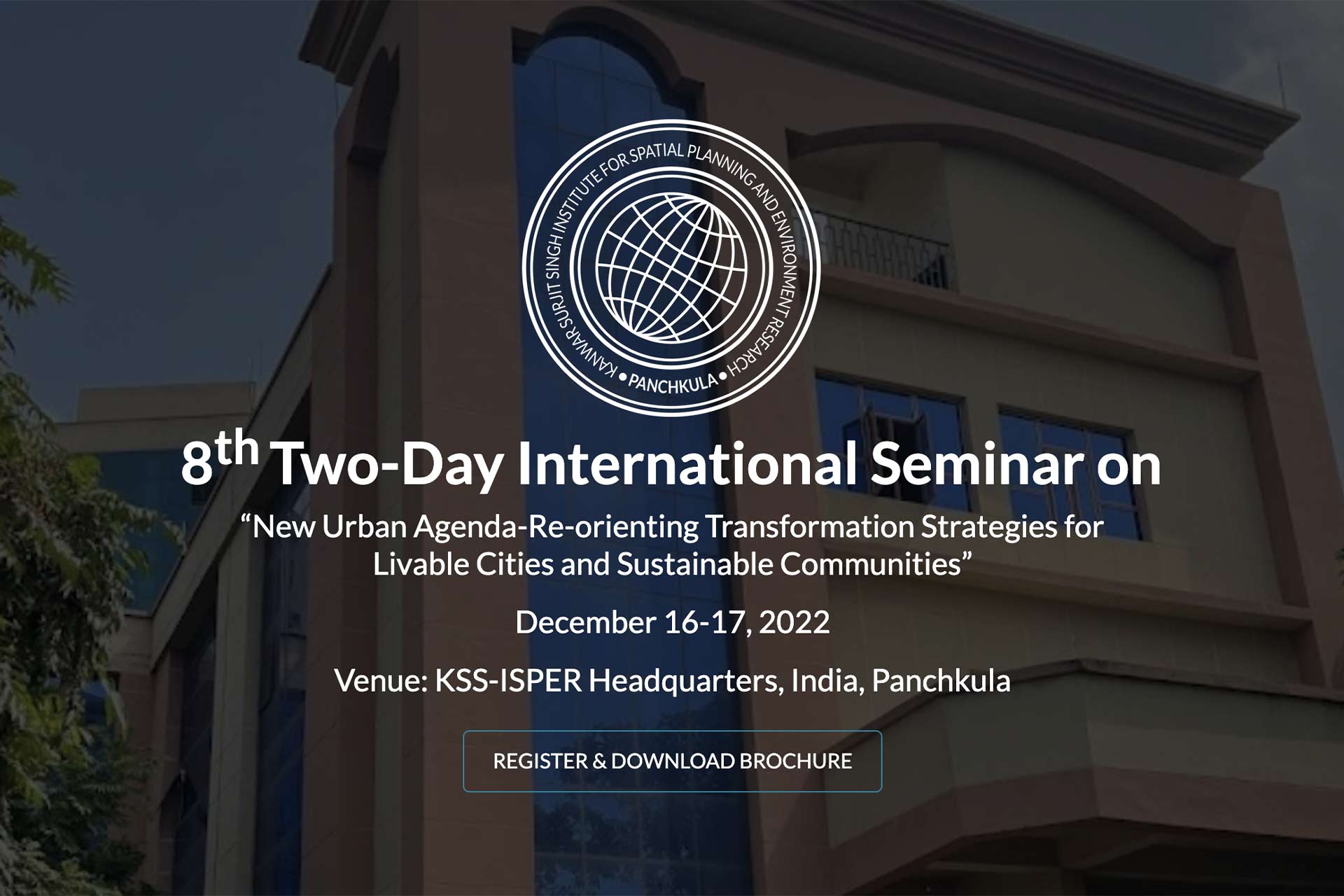
- This event has passed.
8th Two-Day International Seminar on “New Urban Agenda-Re-orienting Transformation Strategies for Livable Cities and Sustainable Communities”
December 16, 2022 - December 17, 2022
Free
Context
It was on 20th October 2016 at Quito in Ecuador during HABITAT III that the New Urban Agenda (NUA) was adopted by the nations of the world underlining the paradigm shift in its approach to sustainable urbanization. This document was ratified by the UN General Assembly in 68th Plenary meeting held on 23.12.2016 during its 70th session. The NUA advocates significant shift in the science of cities in terms of planning principles, construction, development, management, improvement of urban areas. The NUA is seen as a delivery vehicle for the attainment of Sustainable Development Goals (SDGs) adopted by 193 nations in the year 2015. Infact, each of the seventeen goals is linked to the principles and commitments outline in the NUA.
It may be seen that as a phenomenon, urbanization will be having and will continue to have most profound impact in the 21st century. In the year 2007, more than 50% of the world’s urban population was living in urban areas and by 2050, this share is expected to grow to 68%. In percentage terms the expected growth over a period of 43 years is only 18% but the sheer number of people being added is huge: from 751 million in 1950 to 4.46 billion, addition of 3.7 billion persons over a period of 70 years. In next 30 years, approximately 2.2 billion more people will be added to the urban centers; thereby indicating a very rapid increase of more than approximately 7 million persons every year. It is expected that 90% of this growth will happen in Asia and Africa. In India alone this urban population is likely to grow from 377 million in 2011 to 814 million in 2050, an addition of about 44 million in a span of 40 years i.e. 11 million every year. The urbanization in these developing and emerging economies is characterized by urban sprawl sans basic civic amenities, growth of slums, unskilled workforce, etc. Major challenges to sustainable urbanization are poverty, environmental degradation, social and economic exclusion, spatial segregation. Despite major initiatives by UN and national governments, these challenges are further becoming stiffer and stiffer.
It is in this context that after detailed deliberations in HABITAT III, it was felt to face these challenges with a redefined approach. Apart from creating the requisite physical and social infrastructure needed to support the population growth providing improvement in quality of life; an approach providing linkages between job creation, livelihood opportunities and by reducing poverty, social and economic exclusion, spatial segregation by incorporating these into urban development and renewal strategy. This strategy has been summarized under the theme; “Mind the Gap-Leave no One and Place Behind”. The shared vision of national governments is to develop cities for all allowing equal use and enjoyment of these cities.
The NUA was adopted six years back. It is important to understand the reorientation in the approaches in urban and regional planning principles, development of infrastructure, issues relating to mobility especially public transport, affordable housing specially for poor, creating conducive environment for amalgamation of migrants in urban environment, financing, governance and management, capacity building etc. across nations and societies.


